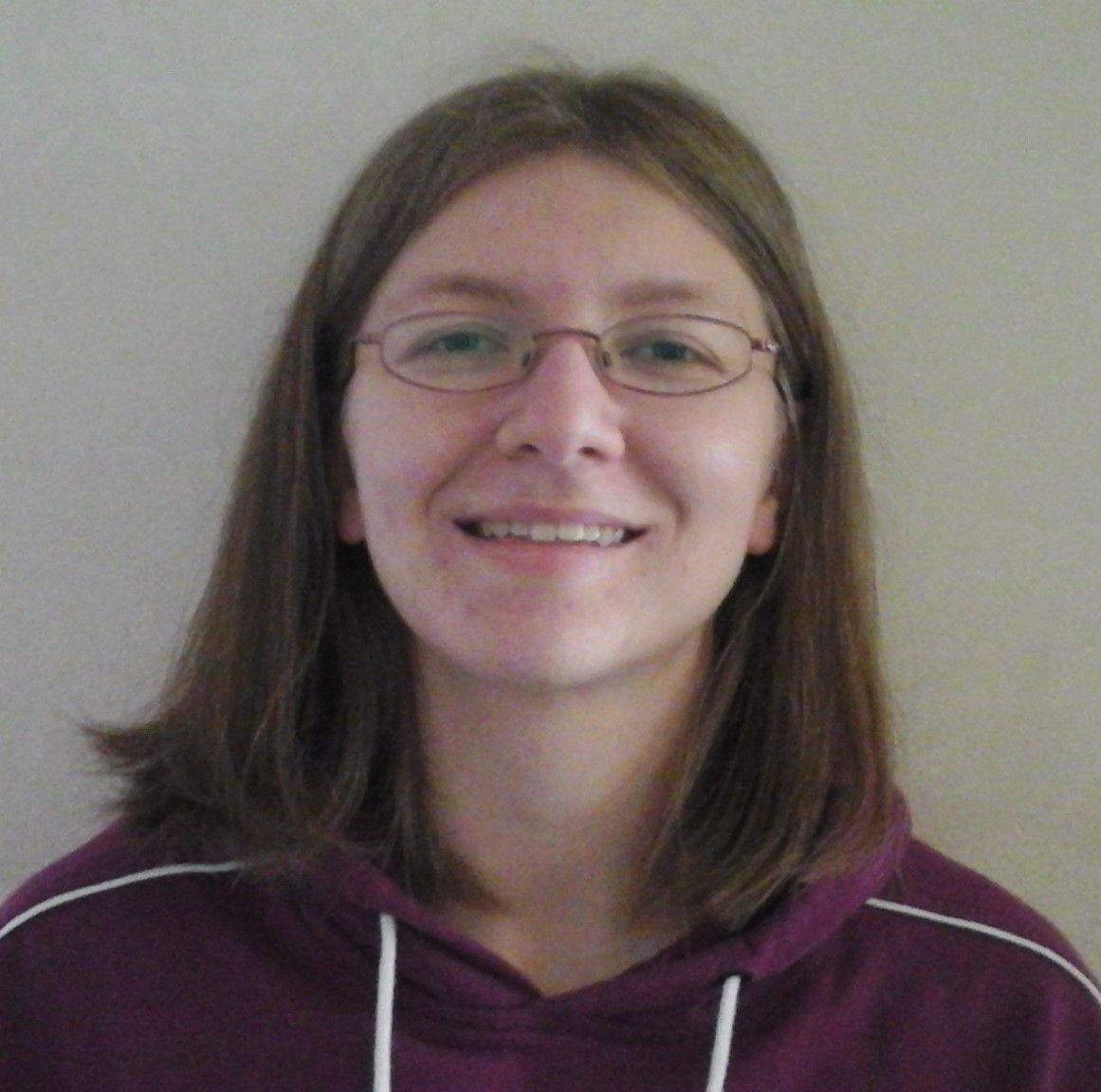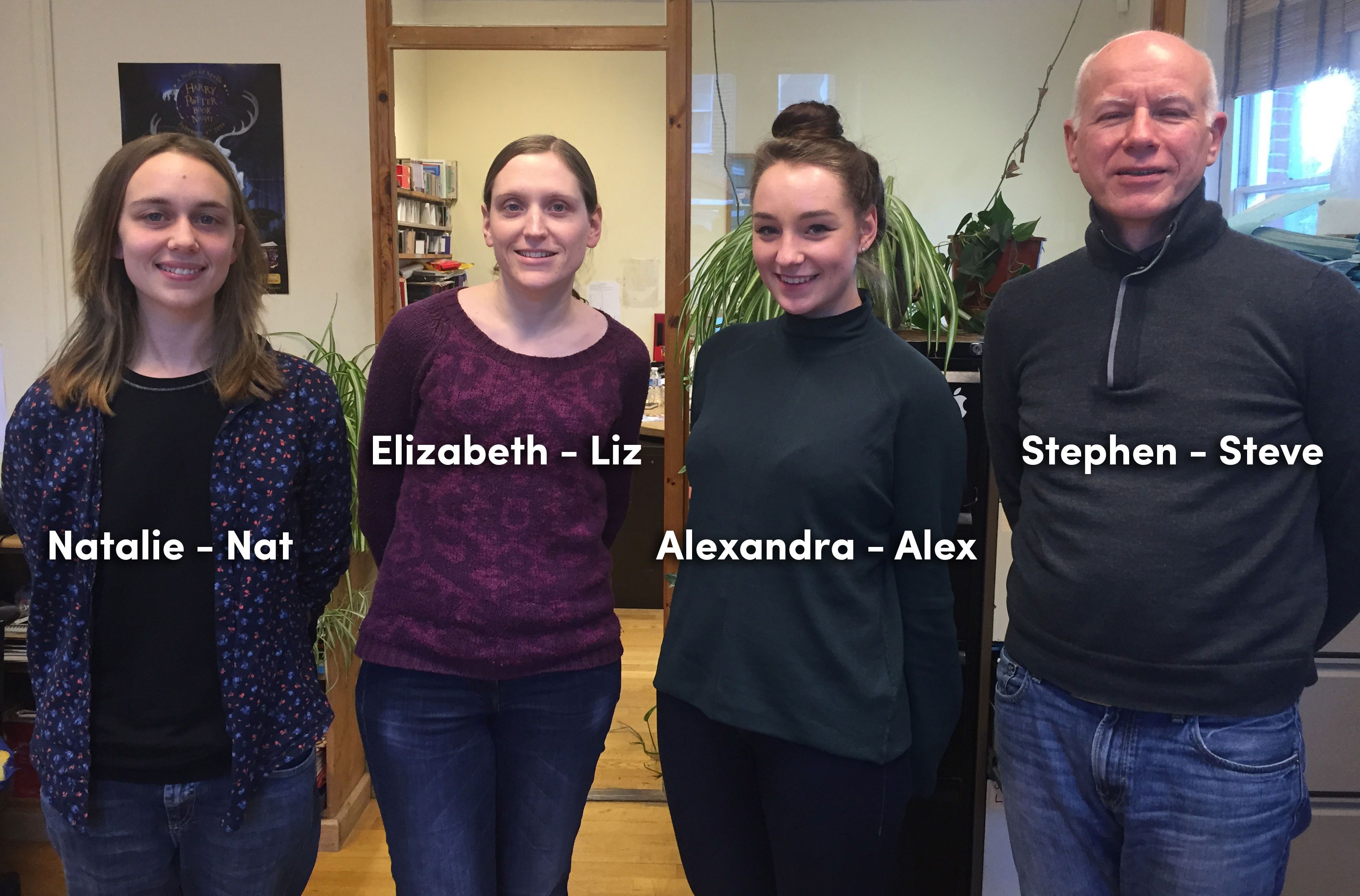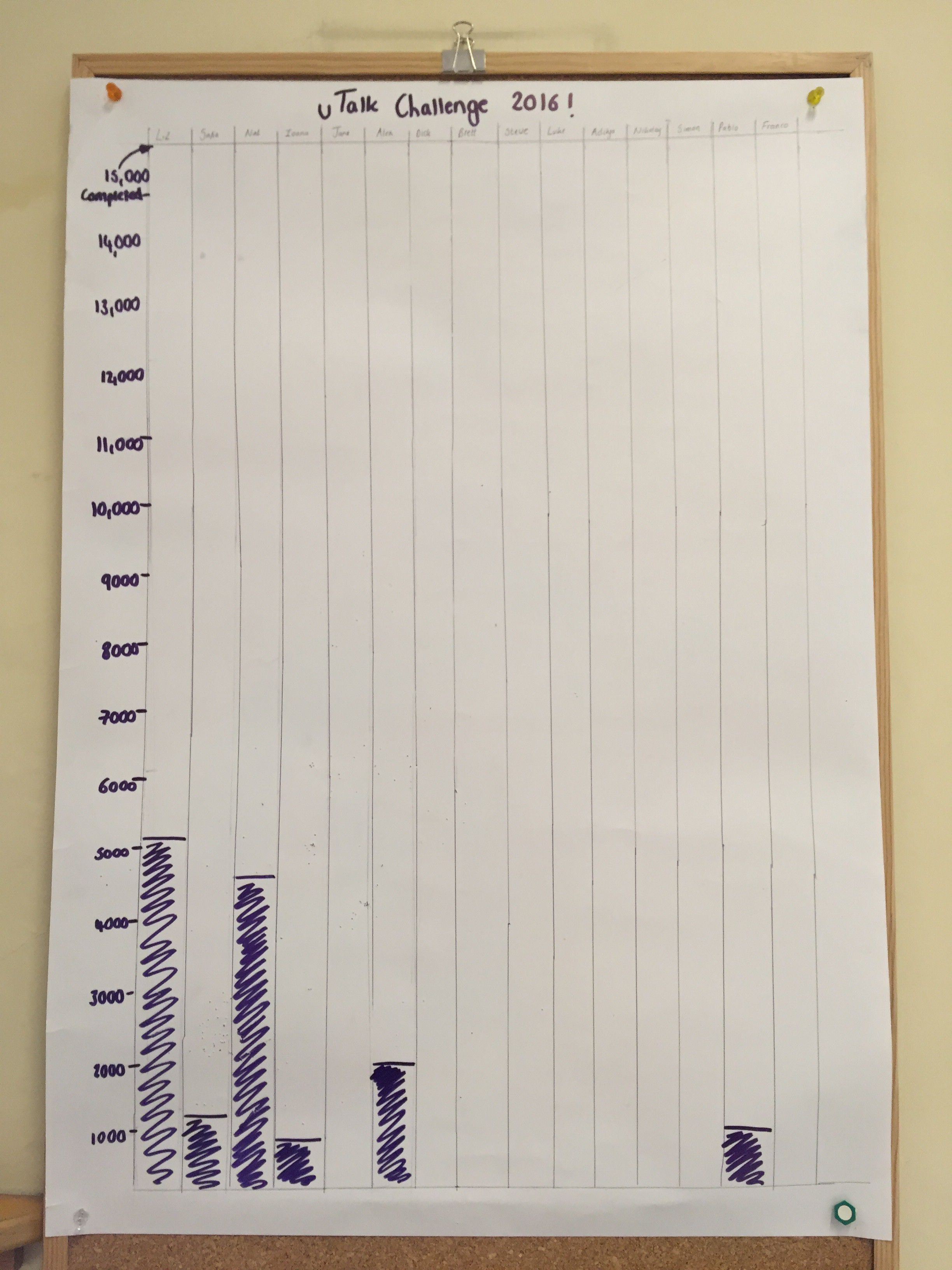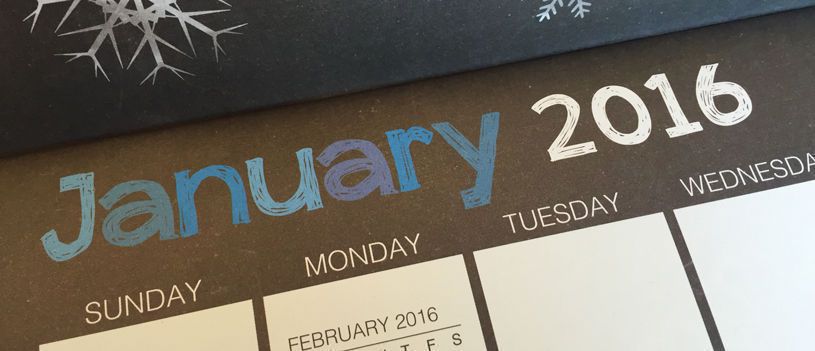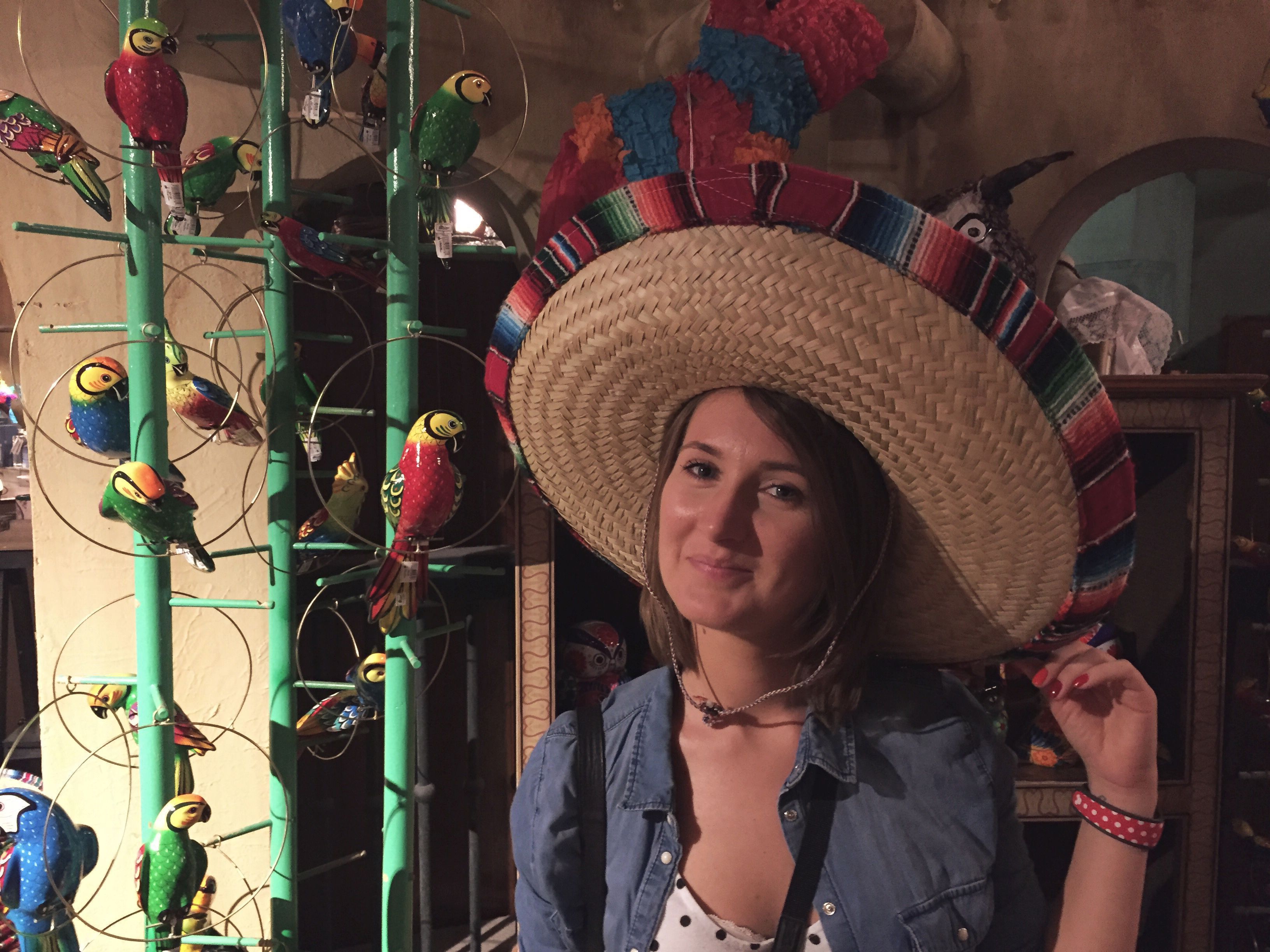Why Russian? Why not?
Lucy was our first ever winner of the Junior Language Challenge and at age 23 has now chosen to take part in the uTalk Challenge learning Russian. Lucy already speaks Spanish, French, Italian, German and Latin and has been learning languages since she was 10 years old.
Why? Why not?
I was talking to some friends at work at the beginning of January, and it came up in conversation that I was learning Russian. ‘Why Russian!?’ one said. ‘Why not?’ was my reply. People are often surprised when I say that I love learning languages. I think to them, it seems a little removed from what I normally do (I work in science). And while I may have decided to work in science instead of languages, that doesn’t mean to say that they aren’t useful to me.
When I was about 10, a teacher from the local secondary school came to teach us Spanish once a week, and I thought it was brilliant! My teacher entered some of our class into the first ever EuroTalk Junior Language Challenge; being able to learn three different languages was even more exciting. Spanish, Greek (my first experience of a language with a different alphabet), and Saami – Santa’s language (northern Finland, to be exact). Taking part showed me that language learning was fun, and set me on a course of lifelong linguistics.
I’d describe myself as a patchwork of languages; I can speak each to a different level, ranging from Italian, my speaking is poor but my translation is decent, to Spanish, where I can happily hold a conversation. My latest is Russian, which I’ve always wanted to learn; I’ve just about got to grips with the Cyrillic alphabet. It’s fun to learn so many languages, it stretches my brain, and I love the feeling of being able to speak to someone in their native tongue, a mixture of pride and respect for their culture. However, that doesn’t mean to say that I don’t have problems! The use of the subjunctive in Spanish will forever escape me (in English we only use it in one specific way, when we say ‘If I were you…’), and those odd little verbs in every language that don’t follow the rules always hide away in the recesses of my mind when I want to use them.
How do I overcome problems? Practice! Practice speaking with others out loud, using odd verbs and new tenses and reading with literature from your chosen language starting with children’s stories and building it up (good for new vocabulary and surprisingly complex!) If you are learning more than one, try to compartmentalise them in your head; have a Spanish head and a French head. My Latin is extremely handy for any new scientific terms, I usually have a guess at what they mean before looking them up. My other languages are great for holidays, trips with work and just keeping my brain active. I certainly don’t intend to stop (I think I may try Basque next): you never know when you might need them!
What’s in a name?
Welcome to my family! My Grandma’s called Minnie, and my Granddad’s called Jack.
Except, they’re not really.
Because, in English, we have an eccentric tendency to distort names until they no longer resemble the original at all. My Gran’s actually called Mary and my Granddad, of course, is John.
Now meet my Uncle Bob, cousins Harry, Bill and Jim, and aunts Kitty and Nancy. Their real names – the names on their birth certificates – are Robert, Henry, William, James, Katherine and Anne. Makes total sense, right?
Some common English names have not one but several permutations, just to make things more confusing. The name Edward can be twisted into Ed (OK, fine), Ted (hmm) or Ned (well….), whilst Robert can be not only Bob but Rob, Bobby or Bertie. James can be Jim, Jimmy or Jem, and Richard can be Rich, Rick, Dick or Dickie.
On the girls’ side, Elizabeth must be one of the most prolific of names, producing not only Eliza, Liz and Lizzie, but Ellie, Beth, Bess, Bett and Bettie, whilst Margaret becomes Maggie and Meg, or Peggie and Peg. Victoria becomes Vic, Vicky, Tor and Tory, and Mary can be Molly, Minnie, Polly or Poll.
It’s not just our language that does this, of course, and Russian is another which can mutate its names into seemingly unconnected variants. When I was in Russia, my friends were Tolik, Vanya, Sanya and Masha, whose real names were Anatolii, Ivan, Alexsandr and Mariya. But whereas in English a Rob might always be a Rob, both in private and public arenas, formal and informal, in Russia someone might be called Alexandr in formal situations but Sasha with friends – and Sanya, Sanka or Sashenka for extra familiarity and affection.
My name, Natalie or Natalia, was used formally, but to most acquaintances I was Natasha, and to closer friends I would sometimes be Nata, Natashenka, Natusik or Natusyenka. Alekseii becomes Alyosha or, more colloquially again, Alyoha, Lyosha or Lyoha. Dmitrii become Dima, Dimka (the -ka ending adding another level of diminutive to the already familiarised Dima), Mitya or Mitka. Evgenii becomes Zhenya and Sergei becomes Seryozha.
Of course, if you have a bit of time in Russia then the aim is to collect a group of friends with the following rhyming names: Masha, Pasha, Dasha, Natasha and Sasha. And, because of the popularity of the names Mariya, Pavel, Natalia, Dariya and Alexsandr, that’s not as hard as it seems!
We’d love to know about other languages that mangle their names!
Nat
#uTalkChallenge – how did we do in week 1?
So, we’re a week into the uTalk Challenge… Thank you to everyone who’s thrown themselves so enthusiastically into learning a new language this month – we’ve been really impressed with your commitment and fantastic scores.
You may remember that we EuroTalkers are also joining in, learning a variety of languages for lots of different reasons. And because we’re a competitive bunch, we’ve set up a scoreboard in the office – right now, Liz and Nat (both learning Welsh) are in the lead, but that could all change over the weekend…
Each week, we’ll be sharing a video update in which a few of us will share what we’ve been learning. For week 1, we’ve got Safia (learning Mandarin Chinese), Ioana (learning Argentinian Spanish) and Liz (learning Welsh). How did we do?
If you’d like to share your own progress, please drop us an email to challenge@eurotalk.com, or – even better – send us your own video, like this brilliant one from Patricia!
Good luck, enjoy and have a great weekend 🙂
4 reasons to learn a language this New Year
I don’t know about you, but I love New Year’s Eve. Not because of all the parties (twelve months ago I saw in the new year at home with a cup of tea, because I’m that cool), but because it’s a great time to set some new goals.
Of course, you can set goals any time, but there’s something special about the fresh start that comes with a new year. It’s like the first page of a brand new notebook; any previous failed attempts or mistakes are erased and you can start over with a clear target in mind.
Yesterday the British Council, supported by actor Larry Lamb, launched a #LearnALanguage campaign, which aims to get Brits learning a language in 2016.
And over 200 people will be doing just that with our free uTalk challenge, which starts tomorrow – learning everything from French to Wolof (there’s still time to join, by the way…).
But why should you learn a language this new year? Here are my top 4 reasons:
New friends
Everyone likes making new friends, and it’s a lot easier to do that if you speak the same language. Sometimes all it can take is one word to break the ice, so even if all you know is ‘hello’, ‘thank you’ or ‘where is the toilet?’ – hey, it’s a start. (And if you can speak a bit of Xhosa or Korean, it’s a great way to show off at parties and instantly become the coolest person in the room.)
New opportunities
The New Year is a time for new opportunities… and learning a language brings you so many. Travel the world. Get a new job. Meet the love of your life. As Larry Lamb says in this video, his enjoyment of languages directly led to his 40-year career as an actor – who knows where it could take you?
It’s good for your brain
A not so nice side effect of the New Year celebrations is the reminder that we’re a year older and time is passing far too terrifyingly quickly. So let’s grab the chance to help out our poor ageing brains; research has shown that bilingual people have better memories and are more successful at multitasking, and speaking a second language can delay the onset of dementia.
It’s fun
And sometimes, that’s the only reason you need. Discovering a new language and culture is one of the most fascinating and rewarding things you can do, and there really is nothing like the buzz you get the first time you have a conversation with someone – however basic – and the two of you understand each other.
So, which language will you learn in 2016?
Happy New Year everyone!
Liz
